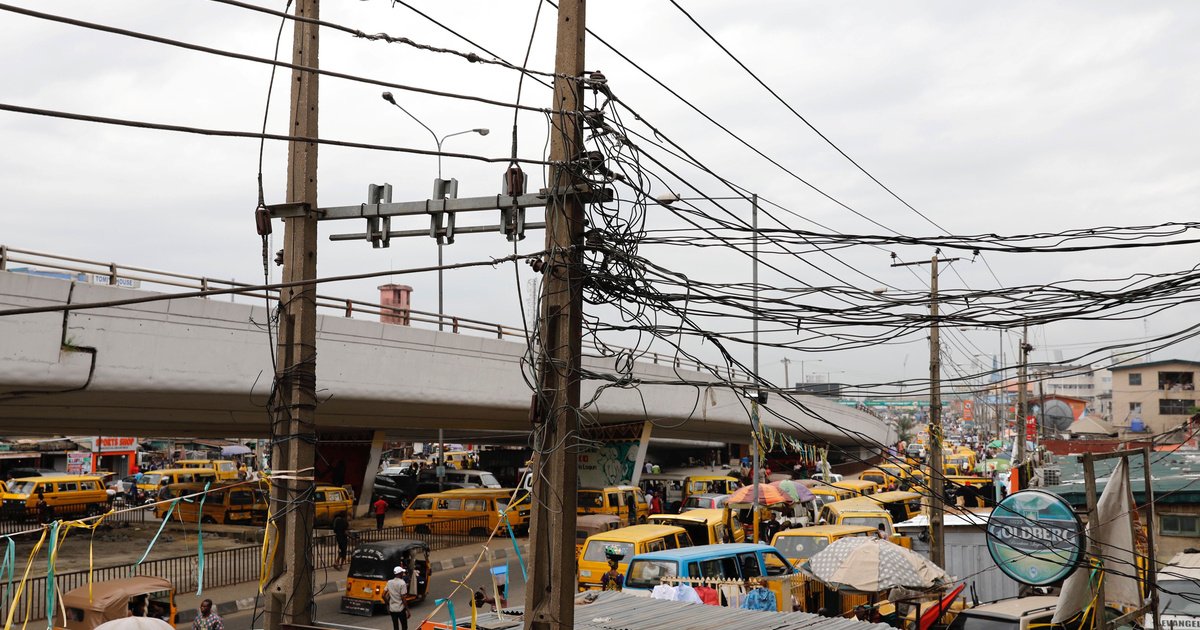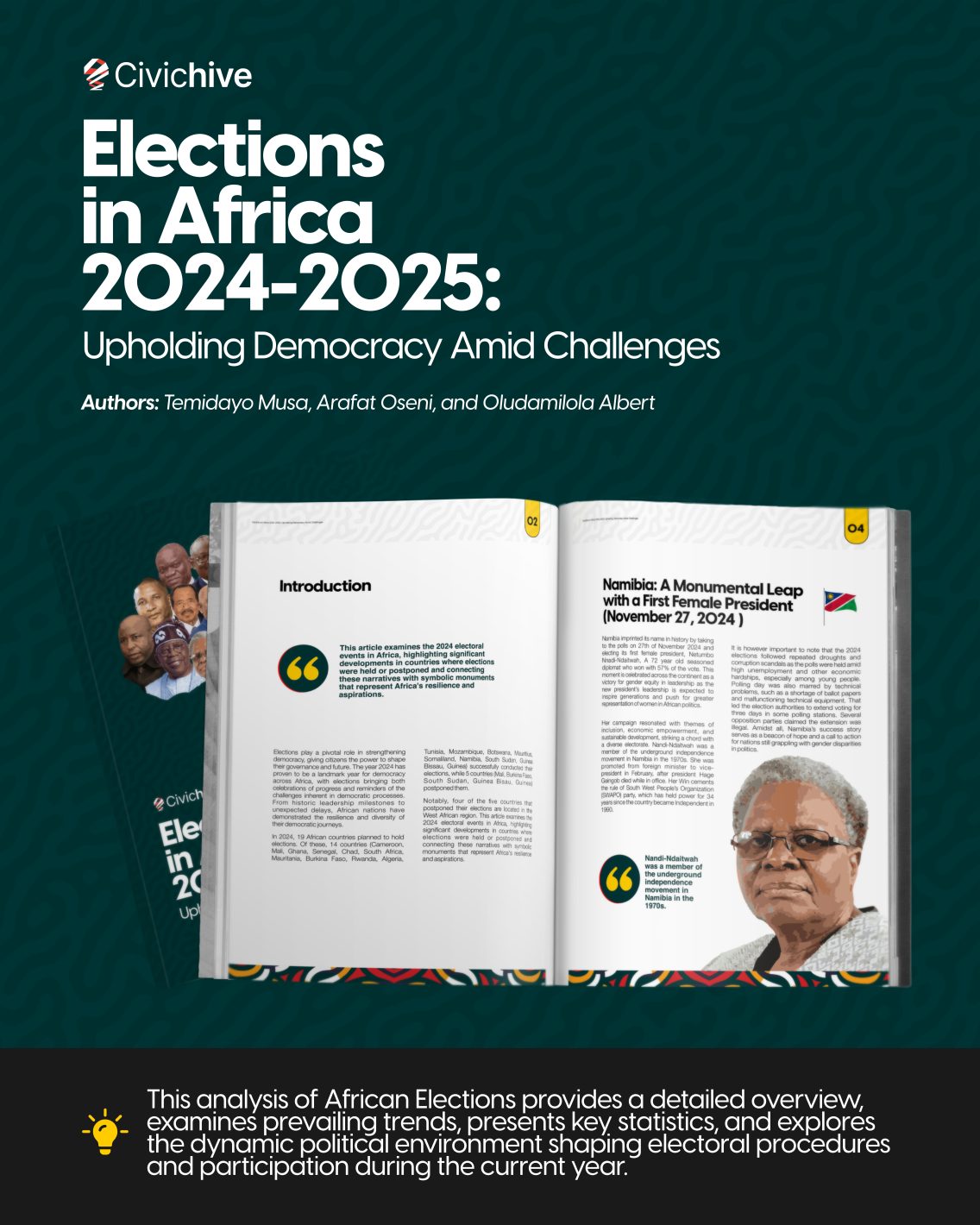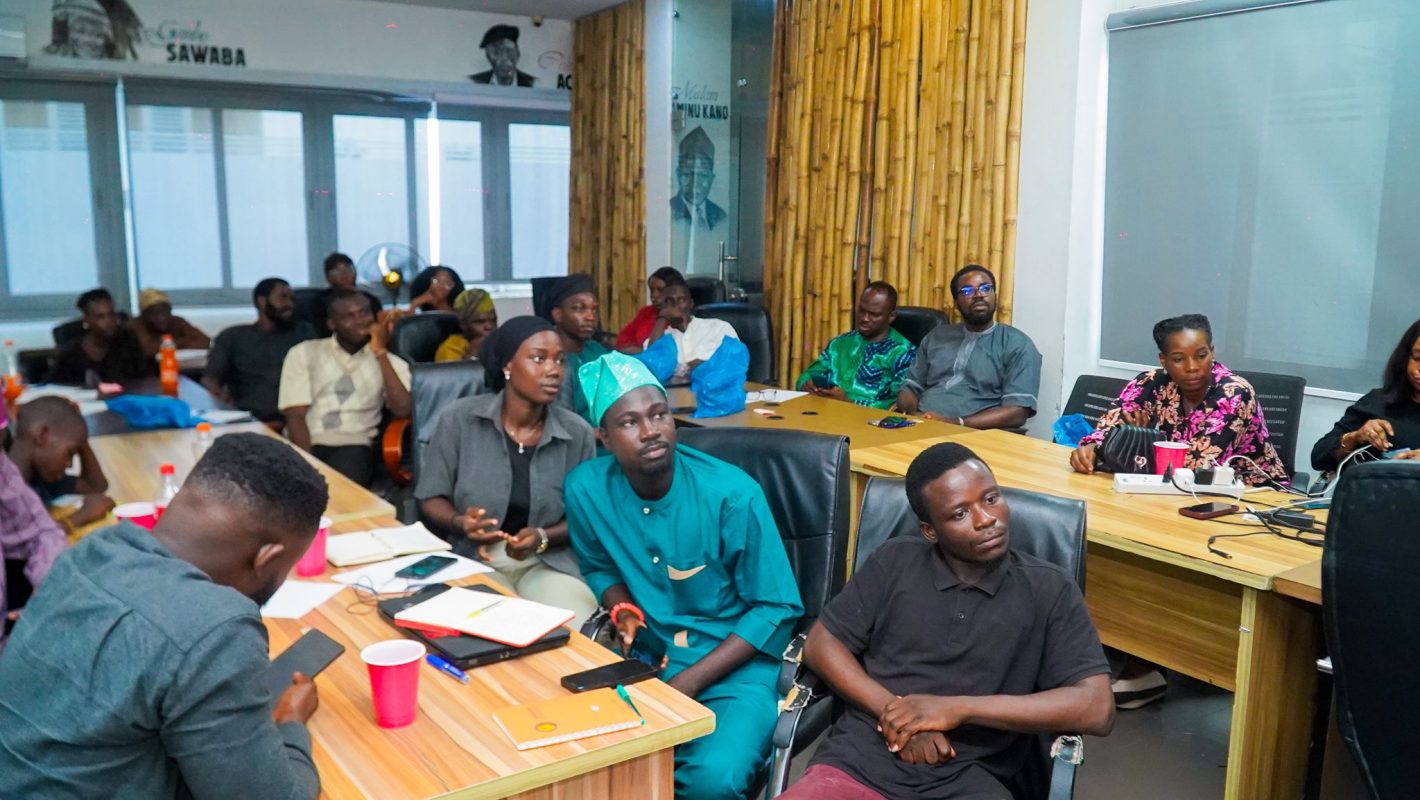As a concerned Nigerian citizen, I write to bring to your attention the pressing issues that afflict our beloved country as you assume the office of President of our beloved country. These persistent socioeconomic challenges confronting our society have demonstrated that immediate and decisive action is required to address these issues and pave the way for a more prosperous and peaceful future for all Nigerians. I implore you to take a strong stance on these issues and lead the country to a brighter future.
Nigeria, as a country, has one of the world’s greatest potentials today. However, these opportunities are frequently snuffed out due to a variety of social vices and ills. Insecurity is the most serious and far-reaching social problem confronting the country today. Nigeria has faced a slew of security challenges, including the Boko Haram insurgency in the North-East, the IPOB rebellion in the South-East, banditry in the North-Central, and kidnappings across the country, as well as the unholy phenomenon of human ritual. To combat insecurity, the next administration must increase the number of security personnel and provide them with the necessary equipment and training.
 Second, corruption is a significant issue that the future Nigerian administration will need to confront. The phenomenon has been a recurring issue in Nigeria and has impeded its growth and advancement. The incoming administration must act decisively to effectively address corruption, particularly by enforcing strict laws and regulations and raising the level of transparency in government operations. The incoming administration should also create a separate anti-corruption agency with the authority to look into and bring charges against dishonest officials, as well as support whistleblower protections to give people a safe and secure means to expose corrupt activity. To further enhance awareness of the detrimental effects of corruption on society, the government should also undertake a comprehensive anti-corruption education program.
Second, corruption is a significant issue that the future Nigerian administration will need to confront. The phenomenon has been a recurring issue in Nigeria and has impeded its growth and advancement. The incoming administration must act decisively to effectively address corruption, particularly by enforcing strict laws and regulations and raising the level of transparency in government operations. The incoming administration should also create a separate anti-corruption agency with the authority to look into and bring charges against dishonest officials, as well as support whistleblower protections to give people a safe and secure means to expose corrupt activity. To further enhance awareness of the detrimental effects of corruption on society, the government should also undertake a comprehensive anti-corruption education program.
Third, the next administration should also focus on addressing the issue of poverty. Nigeria has a high poverty rate, with a significant percentage of the population living in a multidimensional poverty according to the National Bureau of Statistics. The next administration needs to take measures to reduce poverty by creating jobs, increasing access to education and healthcare, and providing social safety nets for the poor
Fourth, the next administration in Nigeria should give the issue of power supply and distribution top priority in addition to addressing corruption, insecurity, and poverty. The nation now has a poor power supply, with regular power outages occurring in many places. This not only has an impact on individuals and businesses, but also on the nation’s ability to
thrive and flourish economically. The following administration should employ a multifaceted strategy to enhance power supply and delivery. Investing in new electricity producing facilities and modernising existing ones to increase total capacity would be one important step. Additionally, boosting the usage of renewable energy sources like solar and wind power should be a priority for the incoming administration. In addition to reducing reliance on fossil fuels, this can also boost.
 Fifth, education is a critical issue that Nigeria’s new government needs to prioritize. The cornerstone of any community, education is essential to the growth of a nation. The new administration should implement a number of reforms to the educational system, including the construction of new schools, the hiring of skilled instructors, and the provision of
Fifth, education is a critical issue that Nigeria’s new government needs to prioritize. The cornerstone of any community, education is essential to the growth of a nation. The new administration should implement a number of reforms to the educational system, including the construction of new schools, the hiring of skilled instructors, and the provision of
educational resources to provide the future generation with the essential knowledge and skills. The government should also prioritize offering all children free and required education, especially in rural areas. This will aid in boosting literacy rates, closing the educational divide between urban and rural areas, and lowering poverty. The government should also prioritize financial aid for students from low-income families, such as scholarships and bursaries, to help them pursue higher education. This will contribute to the development of a more educated and skilled workforce, which will be critical to the country’s economic growth and development.
Sixth, the issue of healthcare in the country is of the utmost importance. The current healthcare system is insufficient, with many areas lacking basic medical facilities and services. The new administration should take several steps to improve the healthcare system, including building more hospitals and clinics, hiring more healthcare professionals, and
providing necessary medical equipment and supplies. Furthermore, the government should prioritize free and accessible healthcare for all citizens, particularly those living in rural areas. This will contribute to lower infant and maternal mortality rates, improved population health, and increased life expectancy.
 Finally, addressing specific environmental issues such as deforestation, pollution, and waste management should be a priority for the new administration. For example, the government should fund reforestation projects, enact stricter industrial pollution regulations, and promote recycling and waste reduction initiatives. Furthermore, the new administration should prioritize the protection and preservation of the country’s biodiversity by establishing national
Finally, addressing specific environmental issues such as deforestation, pollution, and waste management should be a priority for the new administration. For example, the government should fund reforestation projects, enact stricter industrial pollution regulations, and promote recycling and waste reduction initiatives. Furthermore, the new administration should prioritize the protection and preservation of the country’s biodiversity by establishing national
parks and protected areas and enacting regulations to protect endangered species and their habitats. All of these actions will help to ensure that Nigeria’s natural resources are preserved for future generations and the environment is protected for the citizens’ and the country’s well-being.
In conclusion, Nigeria’s incoming administration must address a slew of pressing issues, including but not limited to corruption, insecurity, poverty, power supply and distribution, joblessness, education, healthcare, and environmental concerns, among others. To address these issues, a combination of short- and long-term strategies and investments will be required. It is critical that the new administration implements policies that promote transparency, accountability, and good governance, as well as fosters a business-friendly environment. The government must actively collaborate with private sector entities, civil society organizations, and the global community to achieve long-term development and progress for the country and its citizens.
IDRIS, Idris Yakubu



